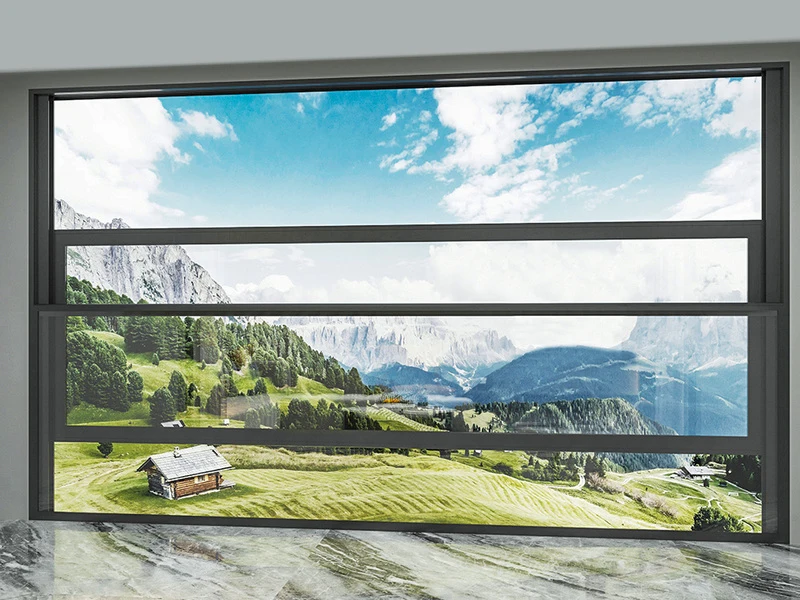In recent years, the construction industry has witnessed a significant shift towards sustainable and eco-friendly building practices. One material that has gained popularity in this regard is aluminium, particularly in the manufacture of windows and doors. Aluminium is a versatile and highly durable metal that offers numerous environmental benefits when used in building construction. In this article, we will explore the environmental benefits of using aluminium in windows and doors, and why it is becoming a preferred choice for builders and homeowners alike.
Recyclability and Waste Reduction
One of the most significant environmental benefits of using custom aluminium windows and doors is its recyclability. Aluminium is 100% recyclable, meaning that it can be reused repeatedly without losing its properties. This reduces the need for primary production, which requires large amounts of energy and raw materials. In fact, recycling aluminium uses 95% less energy than producing new aluminium from raw materials. Additionally, aluminium recycling reduces waste and minimizes the amount of landfill waste. This is particularly significant in the construction industry, where waste management is a major concern.

Energy Efficiency
Aluminium windows and doors are also highly energy-efficient, which reduces the carbon footprint of buildings. Aluminium is a good conductor of heat, but when combined with thermal breaks, it can reduce heat transfer and minimize heat loss. This means that buildings with aluminium windows and doors require less energy to heat and cool, resulting in lower energy bills and reduced greenhouse gas emissions. Furthermore, aluminium windows and doors can be designed to maximize natural light and ventilation, reducing the need for artificial lighting and heating.
Durability and Longevity
Aluminium windows and doors are highly durable and can last for decades with minimal maintenance. This reduces the need for frequent replacements, which can result in significant waste and environmental impact. In fact, aluminium windows and doors can last up to 50 years or more, compared to other materials that may need to be replaced every 10-20 years. This durability also reduces the need for frequent painting and maintenance, which can release volatile organic compounds (VOCs) into the environment.
Corrosion Resistance
Aluminium is also highly resistant to corrosion, which reduces the need for chemical treatments and coatings. This is particularly significant in coastal areas, where saltwater and high humidity can cause significant damage to building materials. Aluminium’s natural oxide layer provides a protective barrier against corrosion, reducing the need for chemical treatments and minimizing the risk of environmental pollution.

Sustainable Production
The production of aluminium is also becoming more sustainable, with many manufacturers using renewable energy sources and reducing waste in their production processes. In fact, some aluminium manufacturers are using solar and wind power to produce aluminium, reducing their carbon footprint and reliance on fossil fuels. Additionally, many aluminium producers are implementing recycling programs and reducing waste in their production processes, minimizing the environmental impact of aluminium production.
Conclusion
In conclusion, the use of aluminium in windows and doors offers numerous environmental benefits, from recyclability and waste reduction to energy efficiency and durability. As the construction industry continues to shift towards sustainable and eco-friendly building practices, aluminium is becoming a preferred choice for builders and homeowners alike. With its recyclability, energy efficiency, and durability, aluminium windows and doors can play a significant role in reducing the environmental impact of buildings, while also providing a cost-effective and sustainable solution for builders and homeowners. As we move towards a more sustainable future, the use of aluminium in windows and doors is an important step in the right direction.
